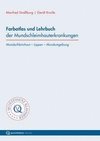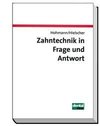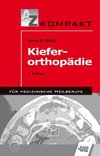
-
 Anglický jazyk
Anglický jazyk
Polymerase Chain Reaction
Autor: M. Arif Khawaja
Polymerase chain reaction (PCR) is a laboratory technique used to amplify DNA sequences. The method involves using short DNA sequences called primers to select the portion of the genome to be amplified. The temperature of the sample is repeatedly raised... Viac o knihe
Na objednávku, dodanie 2-4 týždne
55.18 €
bežná cena: 62.70 €
O knihe
Polymerase chain reaction (PCR) is a laboratory technique used to amplify DNA sequences. The method involves using short DNA sequences called primers to select the portion of the genome to be amplified. The temperature of the sample is repeatedly raised and lowered to help a DNA replication enzyme copy the target DNA sequence. The technique can produce a billion copies of the target sequence in just a few hours. PCR is a revolutionary method developed by Kary Mullis in the 1980s. PCR is based on using the ability of DNA polymerase to synthesize new strand of DNA complementary to the offered template strand. Because DNA polymerase can add a nucleotide only onto a preexisting 3'-OH group, it needs a primer to which it can add the first nucleotide. This requirement makes it possible to delineate a specific region of template sequence that the researcher wants to amplify. At the end of the PCR reaction, the specific sequence will be accumulated in billions of copies (amplicons). PCR is used in many areas of biology and medicine, including molecular biology research, medical diagnostics, and even some branches of ecology.
- Vydavateľstvo: LAP LAMBERT Academic Publishing
- Rok vydania: 2022
- Formát: Paperback
- Rozmer: 220 x 150 mm
- Jazyk: Anglický jazyk
- ISBN: 9786200091253




 Nemecký jazyk
Nemecký jazyk 





 Španielsky jazyk
Španielsky jazyk 

